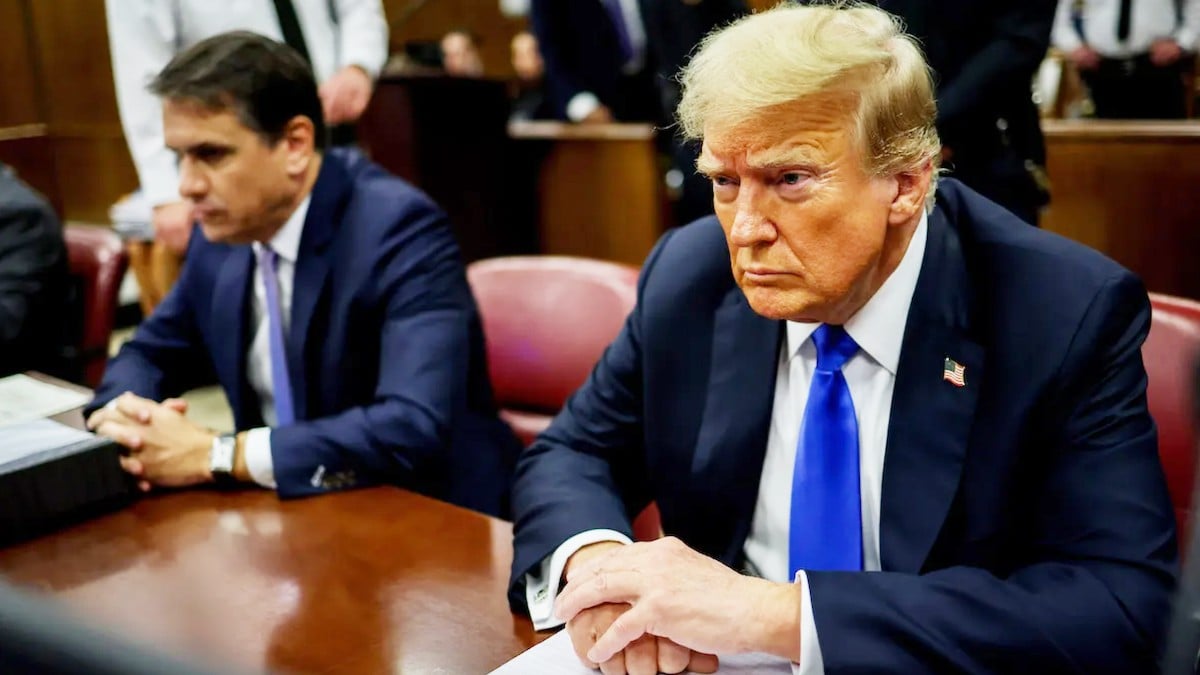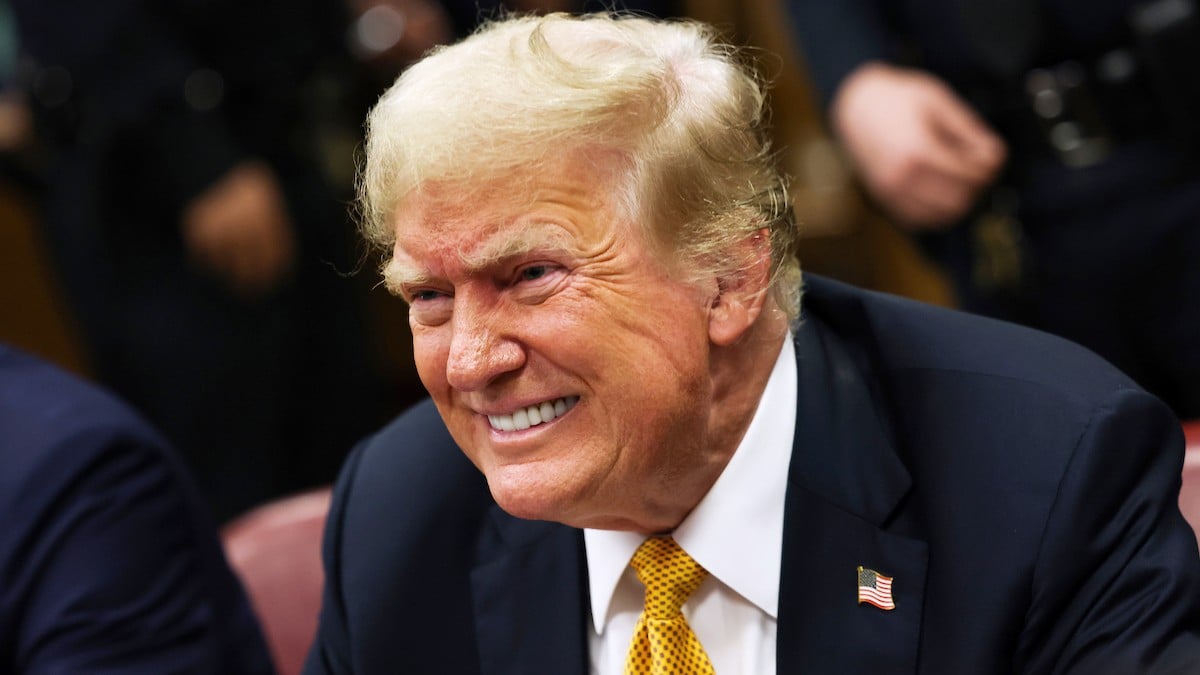With the historic trial of Donald Trump ending with the 34 felony convictions, we now have a man who’s been both a President and a convicted felon; the first such human being in the history of the country. It begs the question, can convicted felons still vote? Read on to find out.
The question of whether or not convicts can vote depends on the state of conviction and the laws in said state. For example, Trump is a Florida resident. Florida convicts cannot vote and can potentially lose their right to vote forever if they are convicted of a crime. In fact, Florida has some of the strictest, most anti-felon voting laws in the country. However, when someone is convicted in another state, like say, New York, Florida defers to the laws of that state.
In New York, you cannot vote while you are in prison for a felony, but you can vote again when you are released. If you receive a suspended sentence you can also vote. You can also vote if you’re on parole or were not given a prison sentence.

This means as long as he doesn’t go to prison, Trump will be able to vote. Here’s how things map out state by state for convicted felon voting rights:
You can lose your right to vote permanently in these nine states: Alabama, Delaware, Florida, Iowa, Kentucky, Mississippi, Tennessee, and Wyoming.
Voting rights are restored after prison, parole and probation in these states: Alaska, Arkansas, Georgia, Idaho, Kansas, Louisiana, Minnesota, Missouri, Nebraska, Oklahoma, South Carolina, South Dakota, Texas, West Virginia, and Wisconsin.
Voting rights are restored after prison in these states: California, Colorado, Connecticut, Hawaii, Illinois, Indiana, Maryland, Massachusetts, Michigan, Montana, Nevada, New Hampshire, New Jersey, New Mexico, New York, North Dakota, Ohio, Oregon, Pennsylvania, Rhode Island, Utah, and Virginia.
These two states and one district have unrestricted voting rights and you can vote from prison: Maine, Vermont, and Washington D.C.

